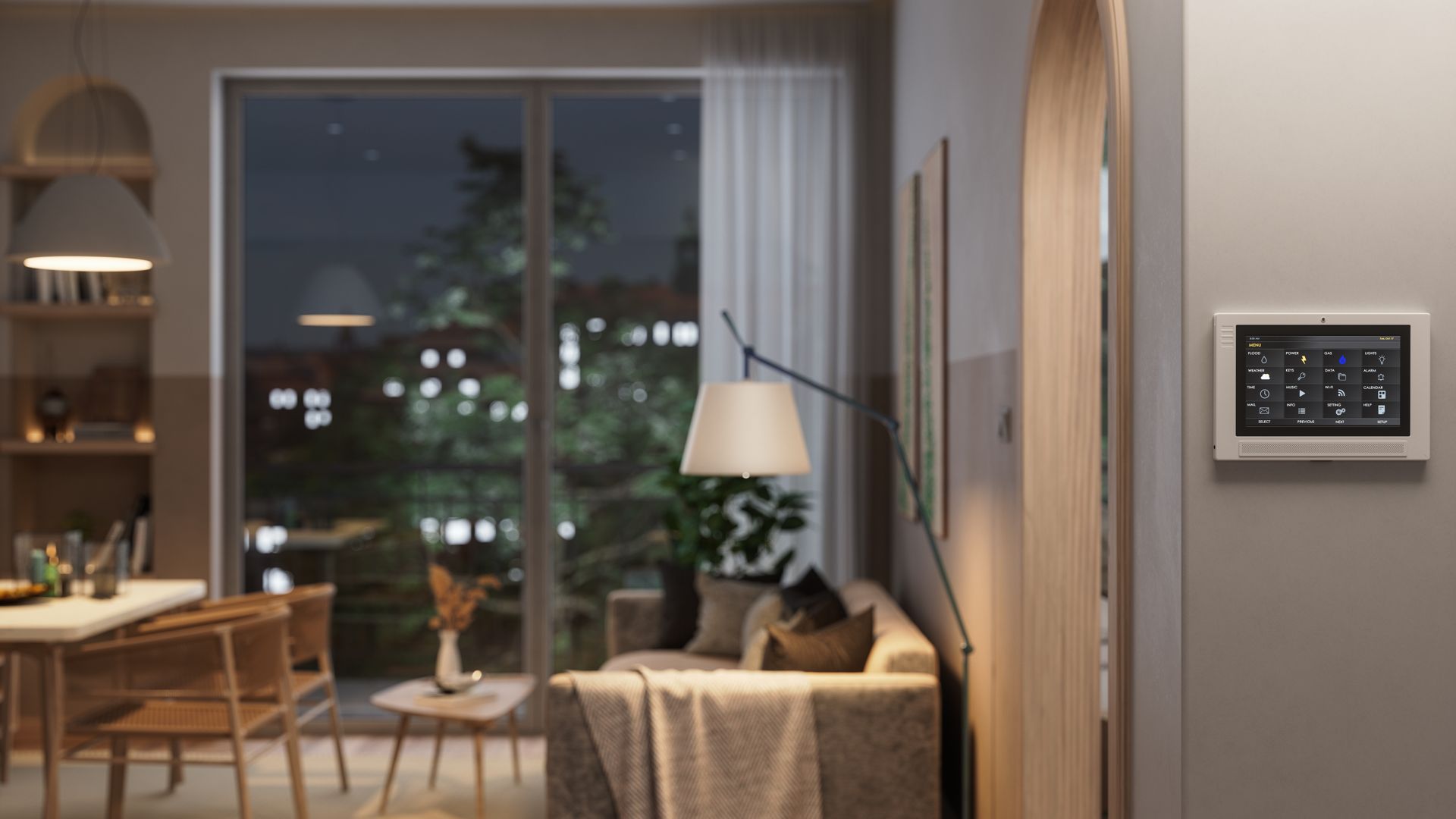Have you ever wondered how a single system can heat and cool your home throughout the cold winter months and hot summers? A heat pump is a flexible and energy-efficient heating and cooling system that uses the transfer of heat to keep your home comfortable all year. But how does this exactly work?
We’re going to be delving into all things heat pump-related in this post. Therefore, if you want to learn more about this type of innovative HVAC system, keep reading!
What is involved in a heat pump installation?
There are a couple of steps involved in the installation of a heat pump. Let's go over these steps in greater detail below:
First, a professional HVAC technician will come to your home to evaluate your heating and cooling requirements. They will consider things like the size of your home, the quality of insulation throughout your home, and the environmental conditions in your area. This evaluation assists them in determining the best heat pump solution for what they want and, of course, need.
After the assessment, the installer will assist you in determining the best type and size of heat pump for your home. They will take into account factors such as the space at hand, energy efficiency targets, and the budget you have in mind.
If your home is already equipped with a duct system, a technician will determine whether or not it is compatible with the heat pump. They may need to make adjustments to make sure that the heat pump operates efficiently. If you don't have existing ductwork, they'll talk you through other options, such as installing a ductless mini-split heat pump.
The installation procedure follows. The heat pump unit will be installed in an appropriate location by a technician team. They will install the proper indoor units for a ductless system or connect the heat pump to the ductwork, if applicable. To ensure that the heat pump receives the necessary power supply, additional electrical connections will be made. Depending on your configuration, the technicians will either connect the heat pump to your existing thermostat or install a new one.
After the installation is complete, the team will test the system to ensure that it is operationally sound. They will check for adequate ventilation and refrigerant levels and that both cooling and heating modes function correctly. They will also demonstrate how to effectively handle and care for the heat pump moving forward!
Why would you install a heat pump?
One of the main reasons people choose heat pump installations is that they provide efficient heating and cooling solutions for their homes. It's like getting two HVAC units for the price of one! Heat pumps use this heat transfer method to keep your home warm in the winter and cool in the summertime, all while keeping energy costs low. This versatility ensures a comfortable living environment throughout the year.
Additionally, heat pumps save energy by transferring heat rather than creating it, making them environmentally friendly and cost-effective. Heat pumps emit fewer greenhouse gases because they rely on heat transfer rather than burning fossil fuels to generate heat. Therefore, they aid in the reduction of your carbon footprint and the promotion of sustainability.
Another advantage of heat pumps is their ability to operate quietly. Heat pumps, unlike standard heating and cooling systems, operate quietly in the background, providing comfort without disturbing your relaxation.
Finally, heat pumps can save money in the long run. While the upfront price of installing a unit may be higher than for some conventional systems, the energy savings over time may compensate. Heat pumps can be a financially wise choice in the long run due to lower energy consumption and potentially lower maintenance costs.
Do you still need an air conditioner with a heat pump?
When you have a heat pump installed, you usually don't need a separate air conditioning unit. Heat pumps are designed to provide heating and cooling, removing the need for a conventional air conditioning system.
During the summer, a heat pump works in reverse, extracting heat from your residence and distributing it outside, thereby cooling the interior of your home. The cooling method functions similarly to that of an air conditioner, providing the comfort you require when temperatures rise.
However, there may be occasions when a stand-alone air conditioning unit is necessary. For example, if you live in an area with scorching temperatures during the summer or if you have specific cooling needs for areas of your house that do not receive sufficient ventilation from the heat pump. A supplemental air conditioning unit may be considered.
Ultimately, however, it's best to reach out to an HVAC company in your area like Home Aire Care, as they will be able to help you determine what your specific needs are for your home before providing you tailored solutions.
What is the average lifespan of a heat pump?
Generally speaking, heat pumps are able to last between 15 to 20 years before they will need to be replaced. That being said, heat pumps that have received frequent maintenance and care throughout their service life tend to last longer than heat pumps that have not received regular servicing. This is why it is essential that homeowners schedule a yearly maintenance appointment with a professional HVAC technician to ensure their heat pump is operating optimally for their needs.
Not only is regular maintenance going to help extend the service life of your equipment, but it will also save you money on your monthly energy costs and help you prevent costly repairs later down the line.
Are you thinking about putting a heat pump in your home? If so, the team at Home Aire Care is here to help! We're happy to partner with homeowners across Picton, Quinte West, Kingston, Trenton, and surrounding neighbourhoods to provide quality installations they can count on! Call and schedule your appointment with Home Aire Care today!







